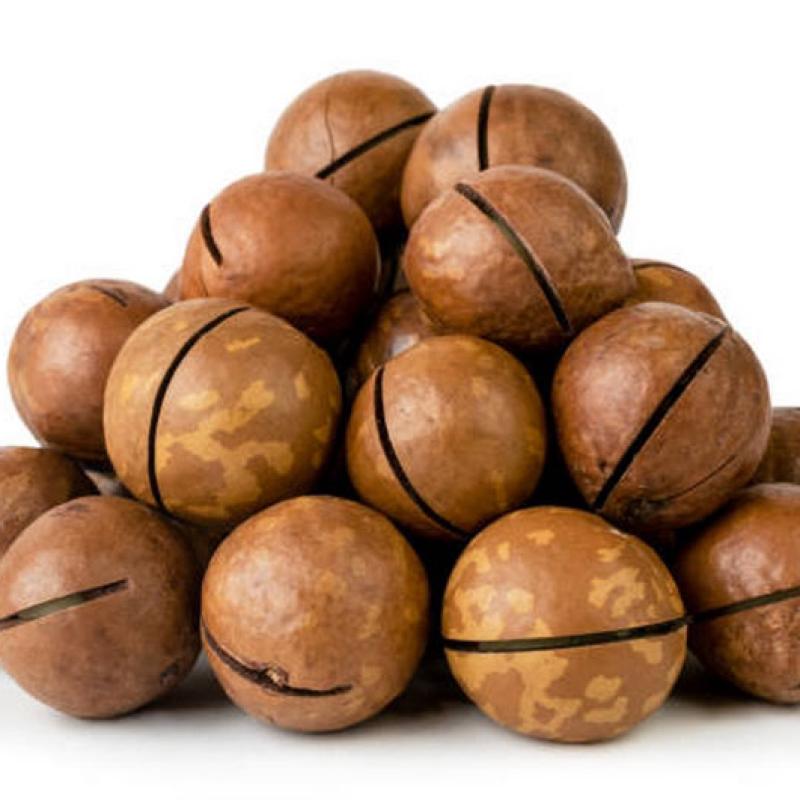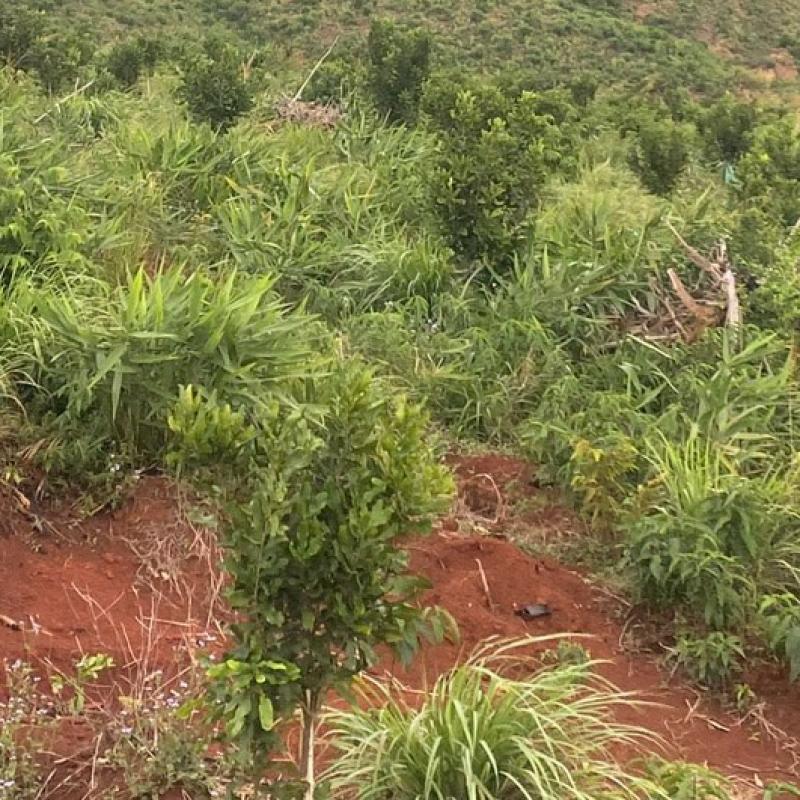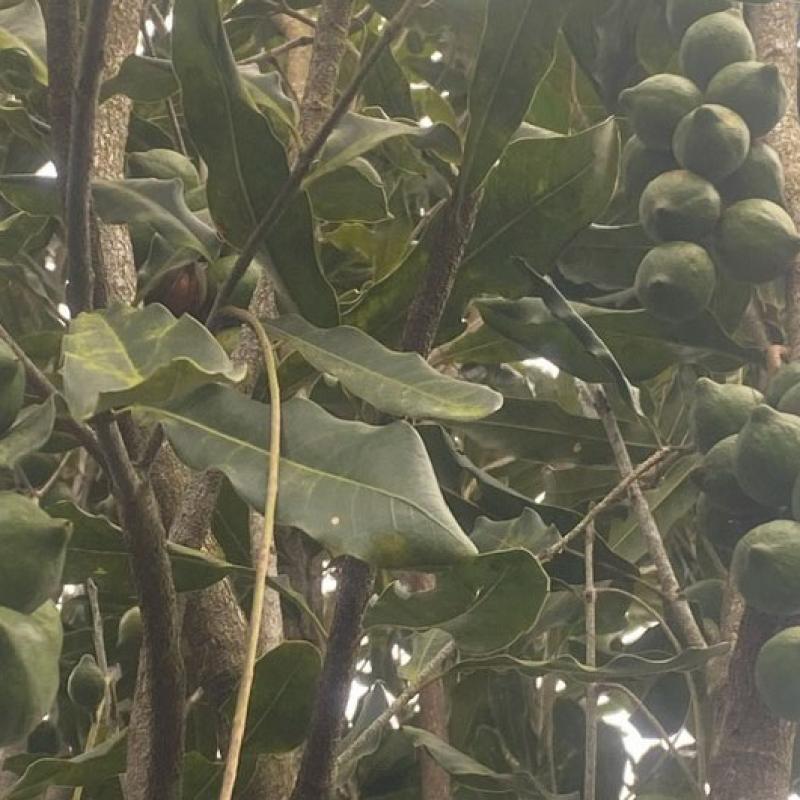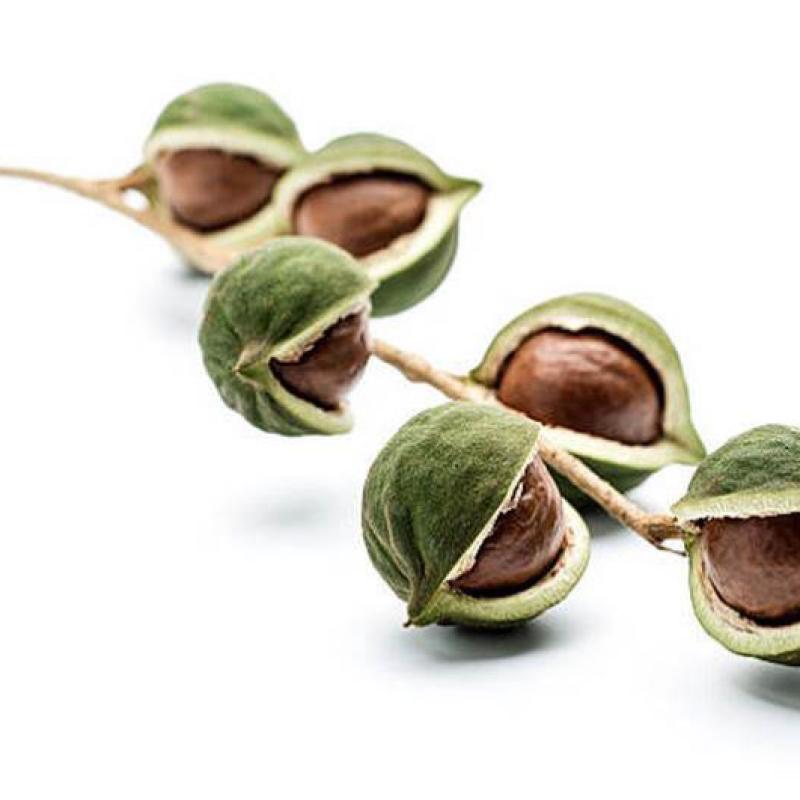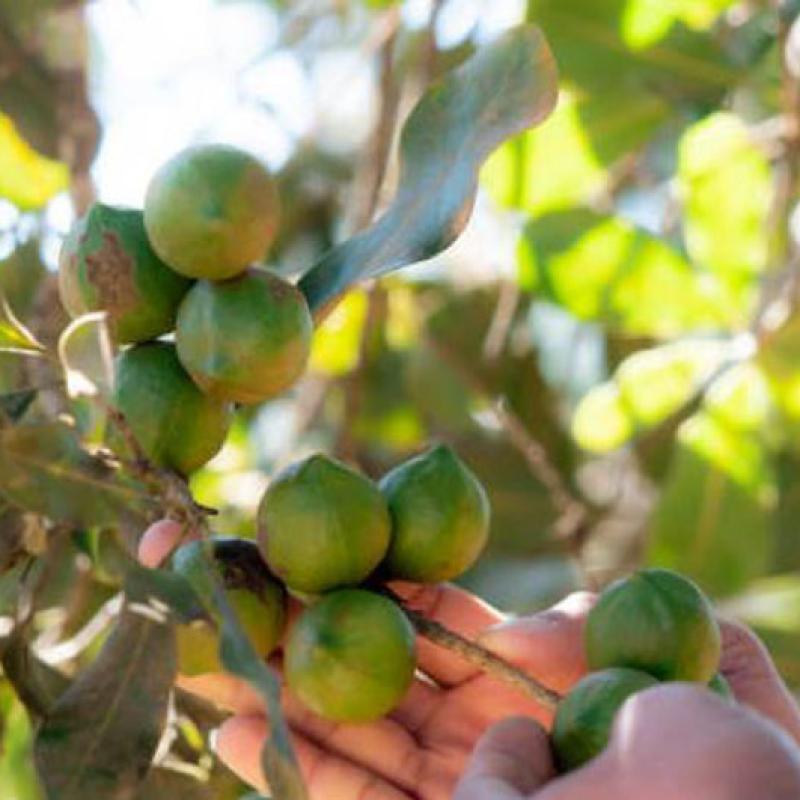Types of Pests and Diseases of Macadamia Trees & How to Prevent them
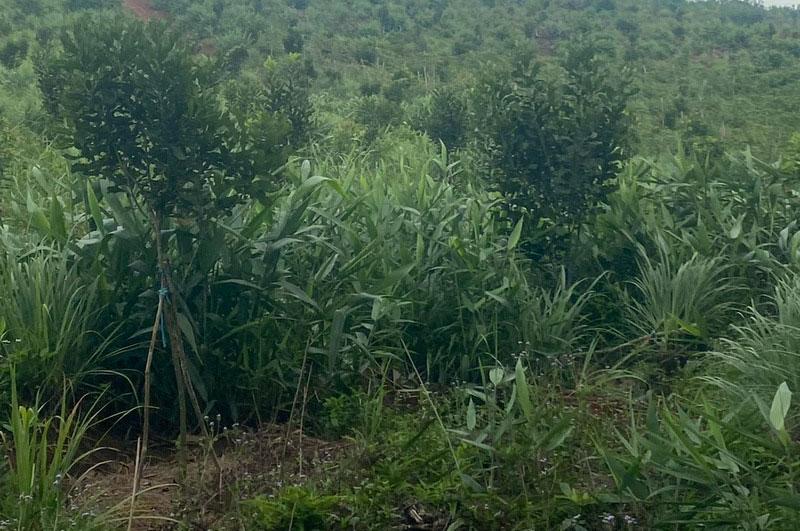
The macadamia trees can be affected by many different pests, from leaf-eating insects, stem borers to fungal diseases. Understanding and correctly identifying types of pests and diseases of macadamia trees to apply timely prevention measures is very important in maintaining productivity and longevity of the tree. In today's article Sunshine Macadamia will list the pests and diseases on macadamia trees for readers to know!
The importance of pest control for macadamia trees
Pests and diseases are one of the factors that cause major damage to macadamia trees, directly affecting yield and nut quality. Below are some negative effects of pests and diseases on macadamia trees:
Reduced productivity
Pests attack different parts of the plant, reducing growth and development, leading to reduced grain yield.
Seed quality decreases
Macadamia nuts attacked by pests are often of poor quality, with damaged shells, uneven seeds, and may be contaminated with toxins from pests.
Economic damage
Pests cause large economic losses due to reduced output and product quality, increasing costs of prevention and plant care.
Main pests on macadamia trees
Bugs
Stink bugs are one of the common pests on macadamia trees. They cause harm by sucking sap from plant parts such as leaves, buds, and young fruits, causing leaves to turn yellow and young fruits to fall.
Stem borers
Stem borers attack the tree trunk, causing holes, weakening the tree and reducing productivity. This type of worm is very difficult to detect because it lives deep inside the tree trunk.
Fruit borer
The fruit borer directly damages macadamia nuts, creating holes on the surface of the fruit, reducing the quality and economic value of the product.
Worm eat leaves
Leaf-eating pests attack young leaves, causing holes in the leaves and curling, affecting the plant's ability to photosynthesize and grow.
Red spider
Red spider mites are harmful pests by sucking leaf juice, causing macadamia leaves to turn yellow, dry and fall prematurely. They often thrive in dry conditions.
Mealybugs
Mealybugs attach to young plant parts, suck sap and secrete a sticky, waxy substance, weakening the plant and making it susceptible to other diseases.
Common diseases on macadamia trees
Root rot disease
Root rot is one of the most dangerous diseases for macadamia trees. It causes plant roots to rot and lose the ability to absorb nutrients, leading to plant death.
Pink fungus disease
Pink fungus disease appears on parts of the tree such as trunk, branches, and leaves. This disease causes parts to become covered with pink fungus, causing the tree to gradually weaken.
Late blight disease
Downy mildew often appears in humid conditions, causing macadamia leaves to be covered with a layer of white mold, causing the leaves to turn yellow and fall.
Powdery mildew
Powdery mildew is also a common fungal disease, causing macadamia leaves and branches to be covered with white powder, affecting the photosynthesis and growth of the tree.
Effective pest control measures for macadamia trees today
Biological measures
Use natural enemies of pests, such as parasitic wasps and insectivorous birds, to control pest density on macadamia trees.
Chemical measures
Apply appropriate pesticides to prevent pests. It is necessary to pay attention to the dosage and time of spraying to achieve the highest effectiveness without harming the plant.
Physical measures
Use traps and lights to attract and kill pests. In addition, netting can be used to prevent pest attacks.
Mechanical measures
Regularly check and remove infected plant parts and pests by hand. This helps minimize the spread of pests in the garden.
The macadamia tree is a tree with high economic value thanks to its seeds which have great nutritional and economic value. However, macadamia trees cannot avoid attacks from pests. By identifying common types of pests and diseases of macadamia trees and applying effective control measures, growers can protect macadamia trees and obtain high-quality products.















